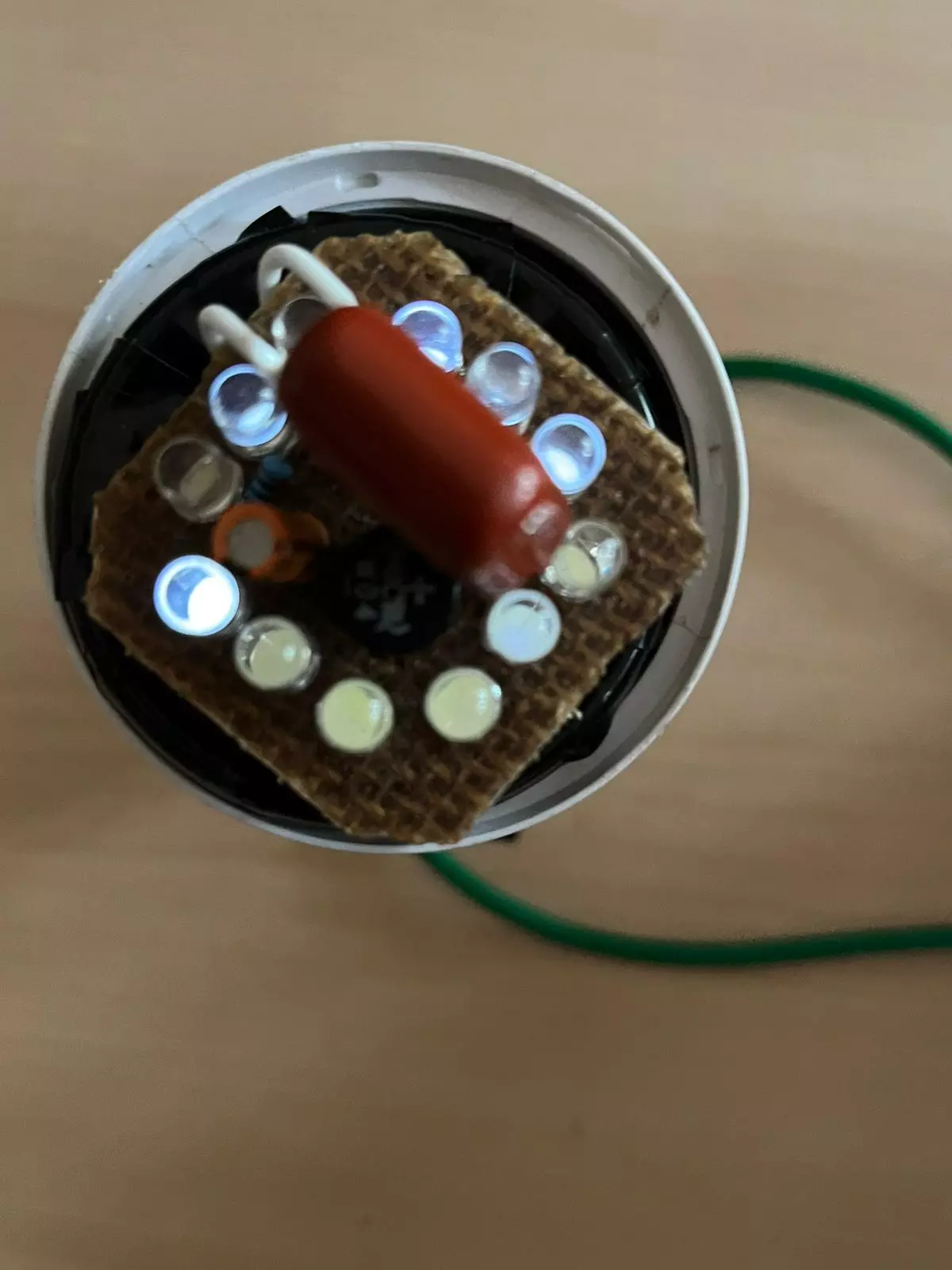IIITDM Researcher Makes Printed Circuit Boards From Bio-Waste
Both Chief Minister N. Chandrababu Naidu and Deputy Chief Minister K. Pawan Kalyan have praised Dr. Sandeep’s commitment to sustainable technology: Reports

KURNOOL: In a ground-breaking innovation that can tackle the mounting challenge of electronic waste, Dr. Dola Sandeep, a research assistant at the Indian Institute of Information Technology, Design and Manufacturing (IIITDM), Kurnool, has developed biodegradable printed circuit boards (PCBs) using agricultural waste, like banana peels, banana stem fibres and other plant-based materials.
Traditionally, PCBs have been part of all electronic devices. They provide mechanical support and electrical connectivity in components like transistors, resistors, capacitors, microcontrollers and LEDs. These boards are typically made from synthetic, petroleum-based materials, such as fiberglass-reinforced epoxy (FR4), which are non-biodegradable and cause long-term environmental pollution.
Dr. Sandeep, who has been conducting research for over three years, has successfully developed an eco-friendly resin using a mixture of natural fibres and organic binders. These include banana and ridge gourd peels, pseudostems, jute, pineapple fibres, acacia and sisal leaves, neti potash and neem oil. These biodegradable composites are rich in cellulose, hemicellulose and lignin—components that provide strength and durability while ensuring that the material decomposes naturally without releasing toxins.
Banana plants are one of the most widely cultivated crops globally. They generate vast quantities of waste that are typically discarded. By utilising this waste, Dr. Sandeep adds economic value to agricultural by-products, while reducing their environmental impact. Experimental studies have shown that banana fibre-reinforced composites demonstrate up to 225 per cent higher flexural strength and 147 per cent higher flexural modulus, compared to conventional epoxy. This enhances resistance to deformation and thermal degradation. The fibre’s tubular structure and micro-holes contribute to improved insulation and heat dissipation.
Dr. Sandeep’s work has recently been published in the prestigious scientific journal Nature. It has brought national attention to the potential of sustainable electronics. Significantly, he has received a patent for his pollution-free printed circuit board, which he demonstrated for the Andhra Pradesh Pollution Control Board (APPCB) at Amaravati, coinciding with Vana Mahotsavam celebrations.
Both Chief Minister N. Chandrababu Naidu and Deputy Chief Minister K. Pawan Kalyan have praised Dr. Sandeep’s commitment to sustainable technology. As electronic waste continues to rise globally, such innovations mark a vital step towards greener electronics and a cleaner environment.
The invention has earned Dr. Sandeep accolades from various sections of the society and recognition from the state government as well.

